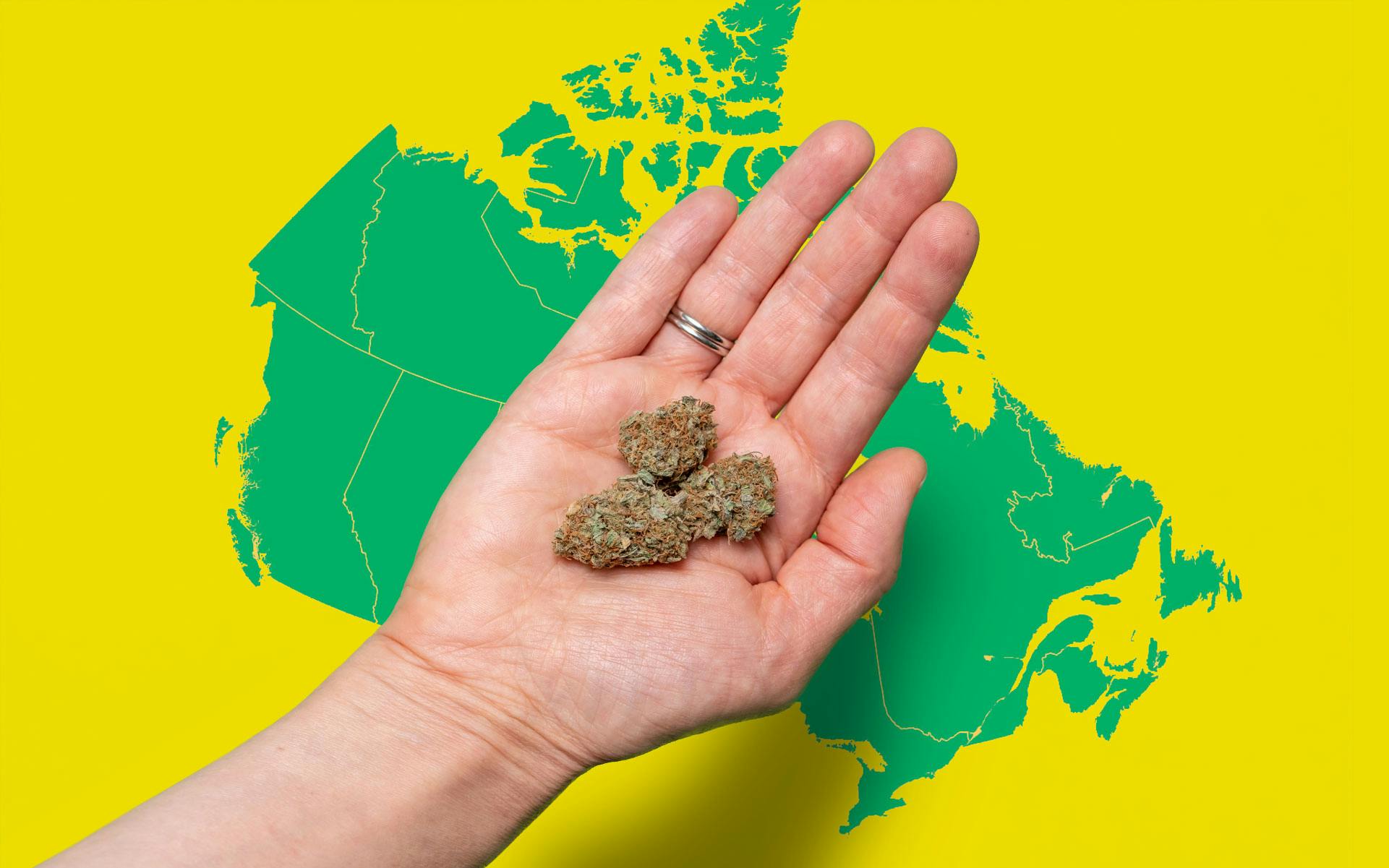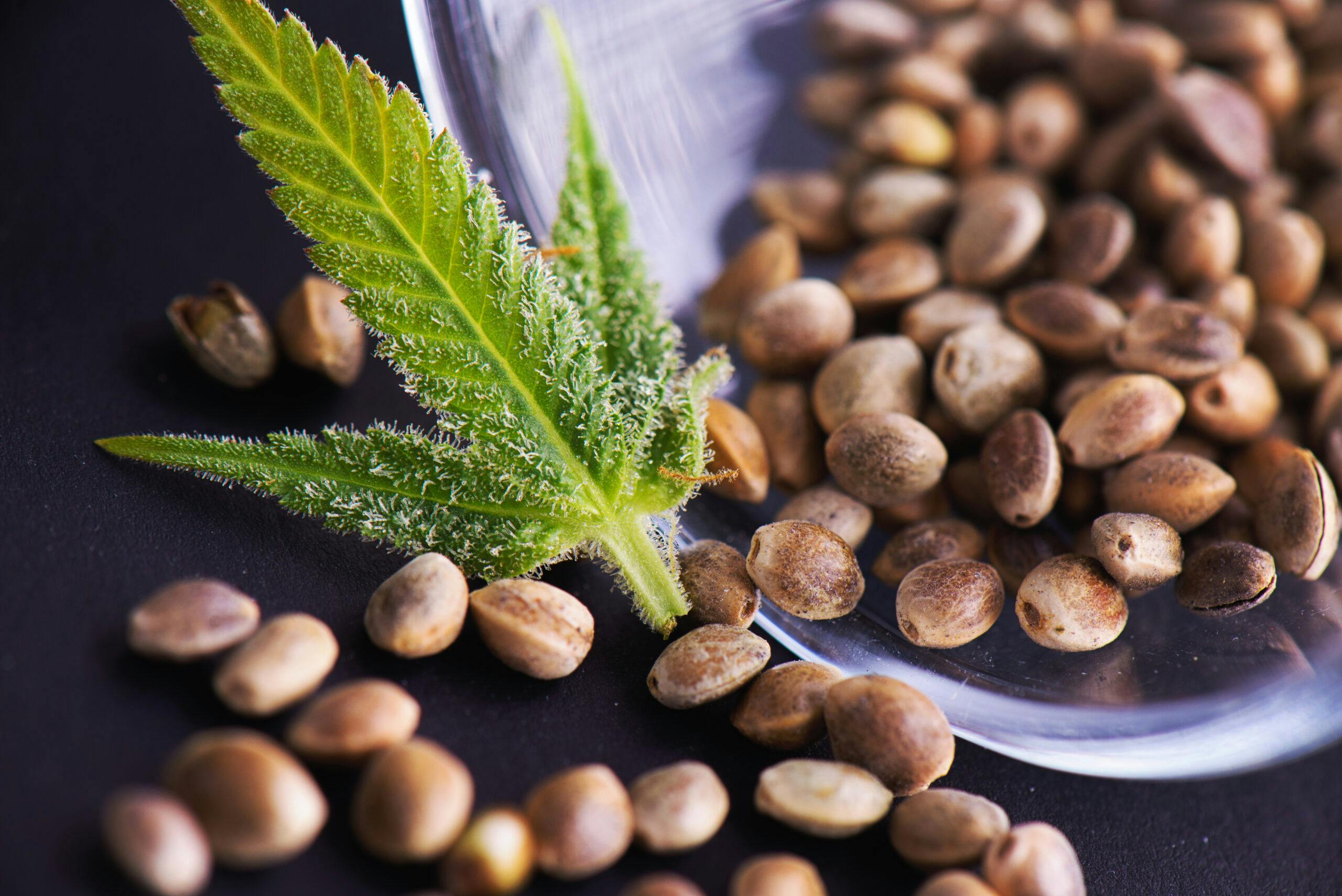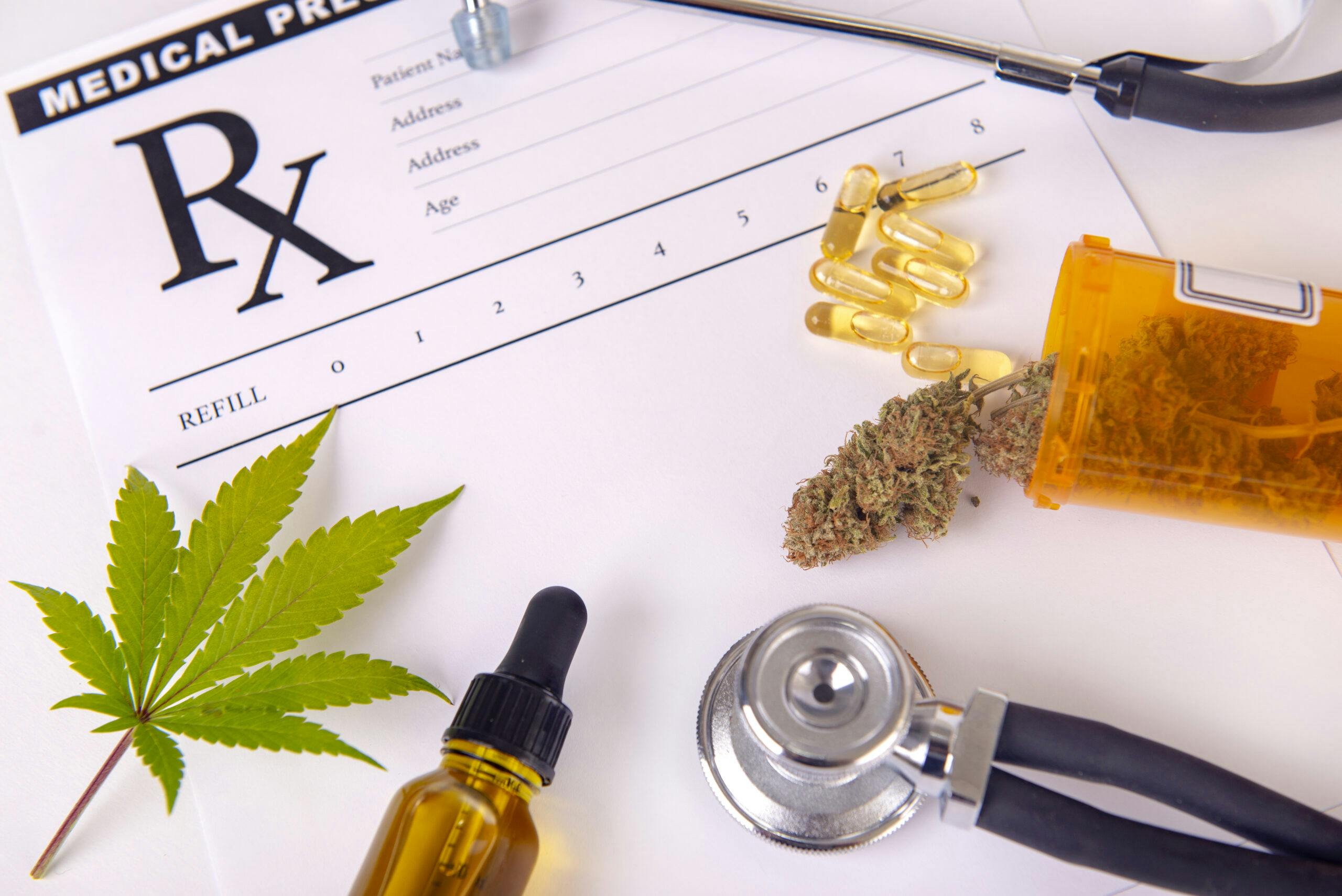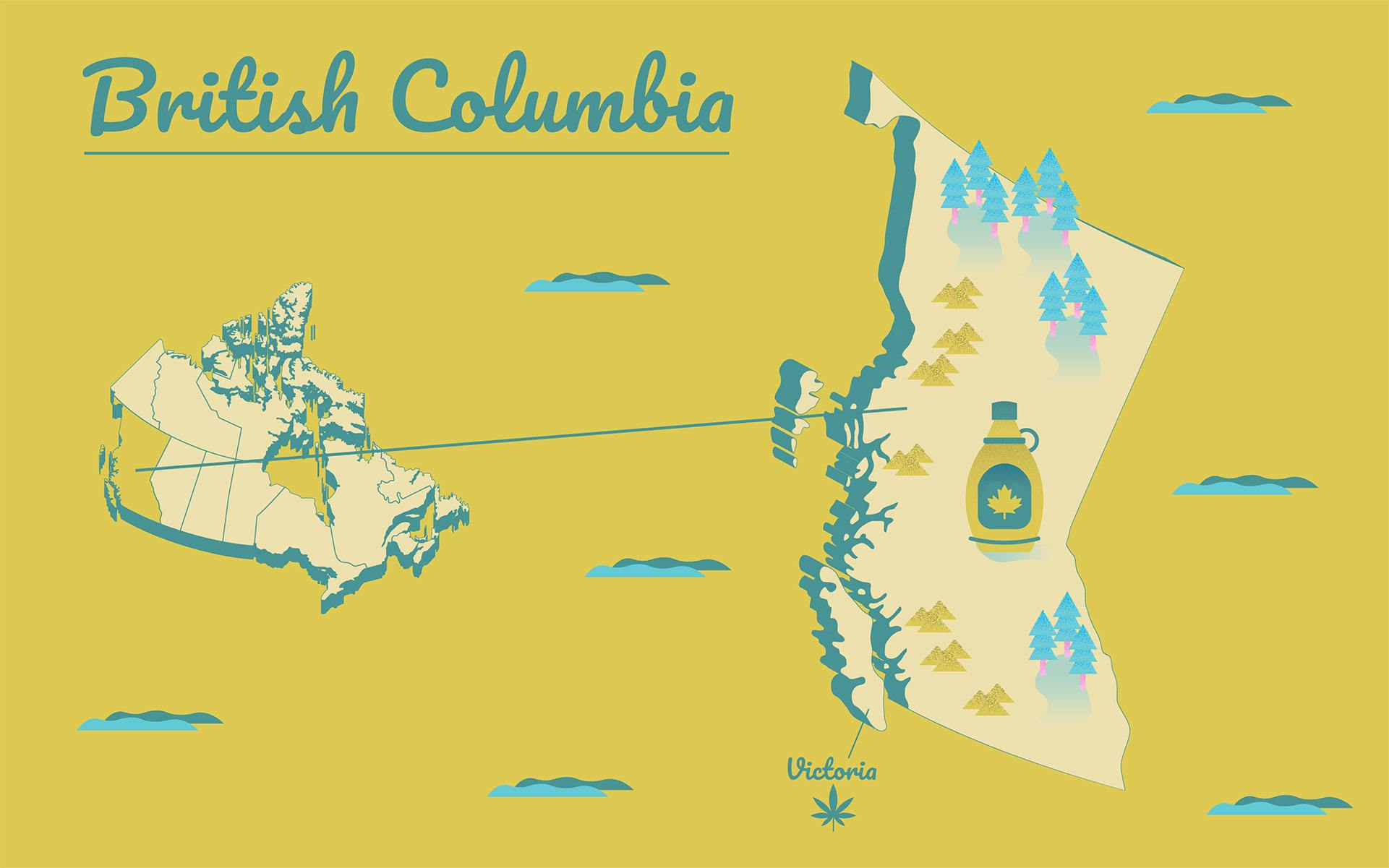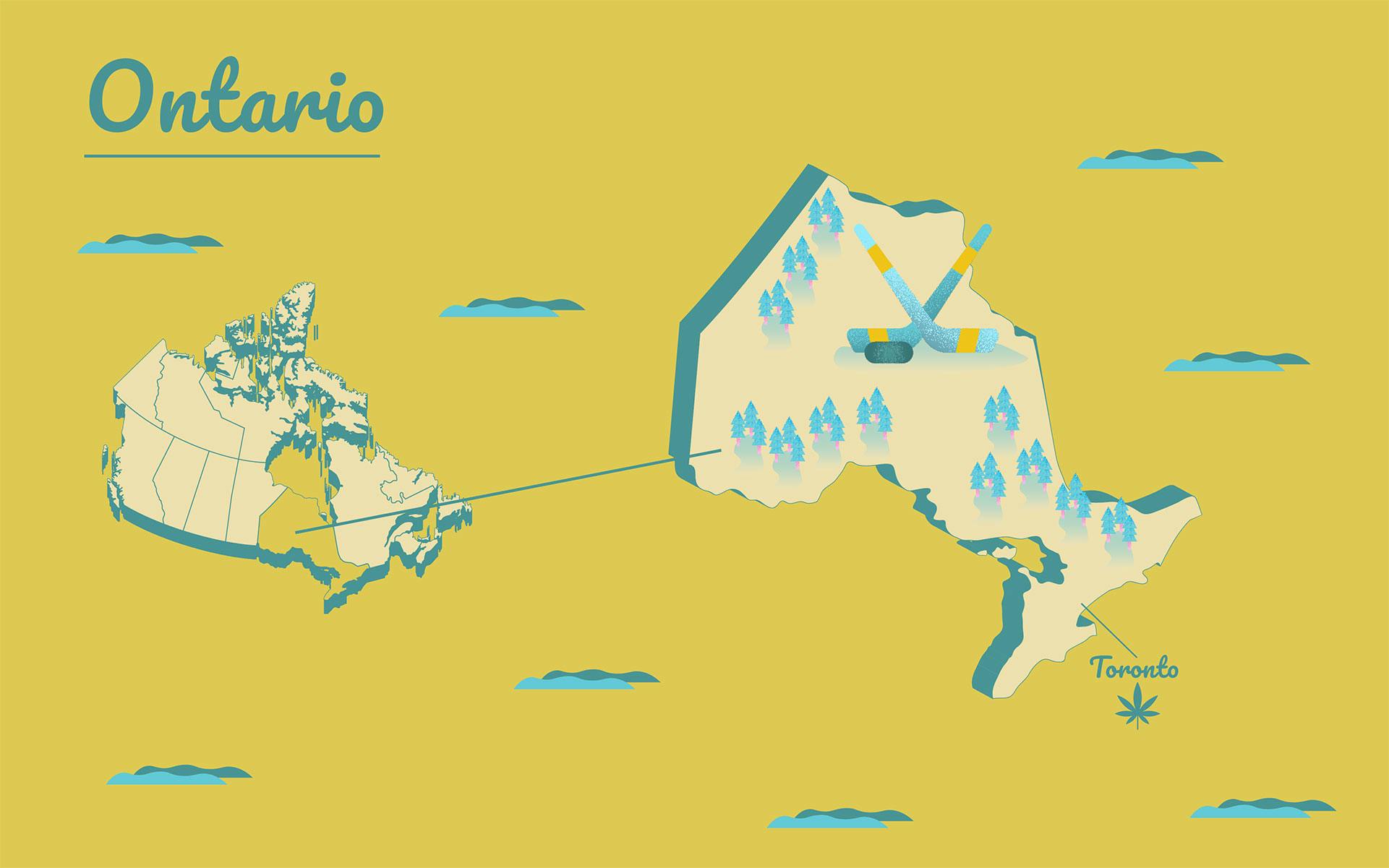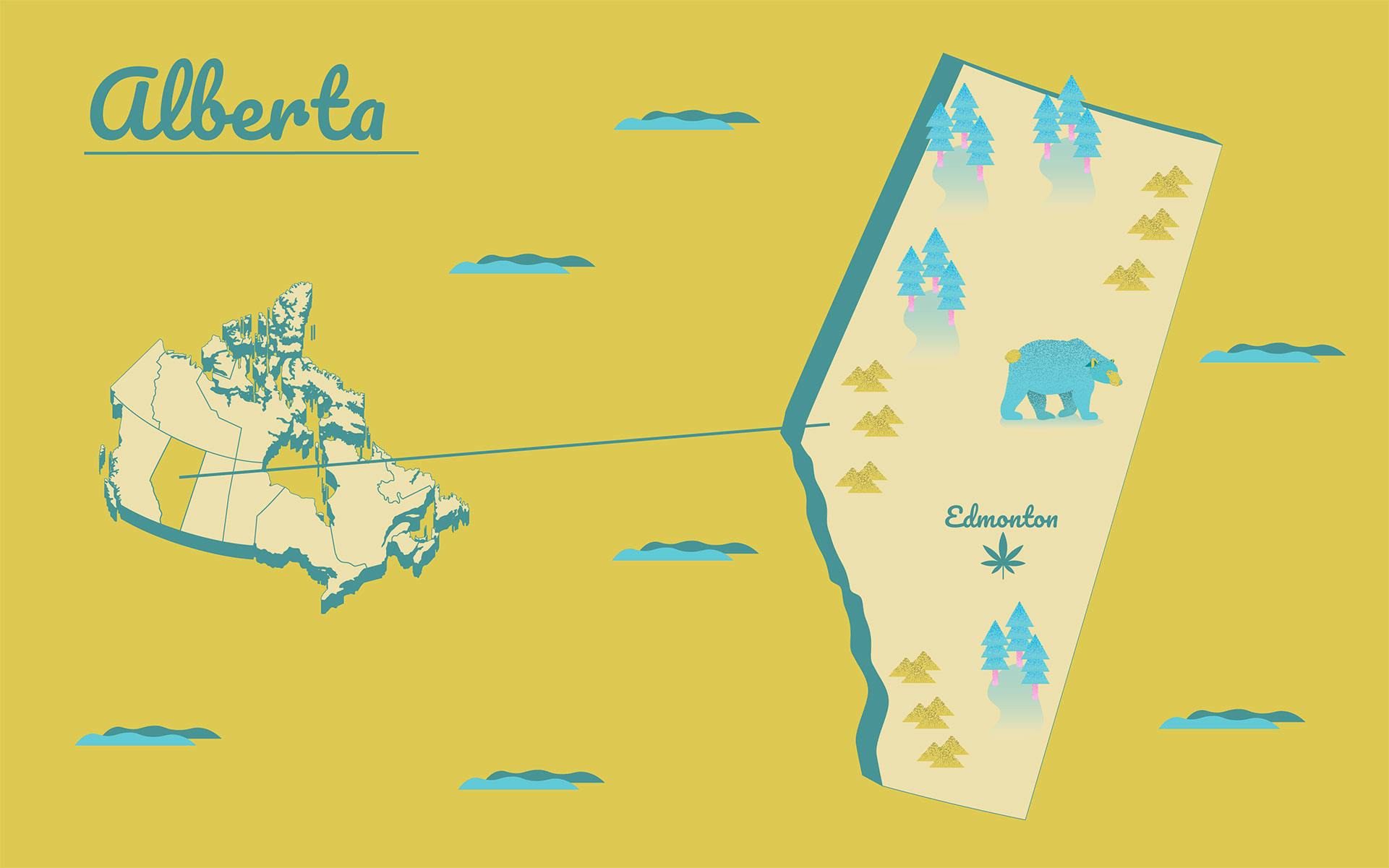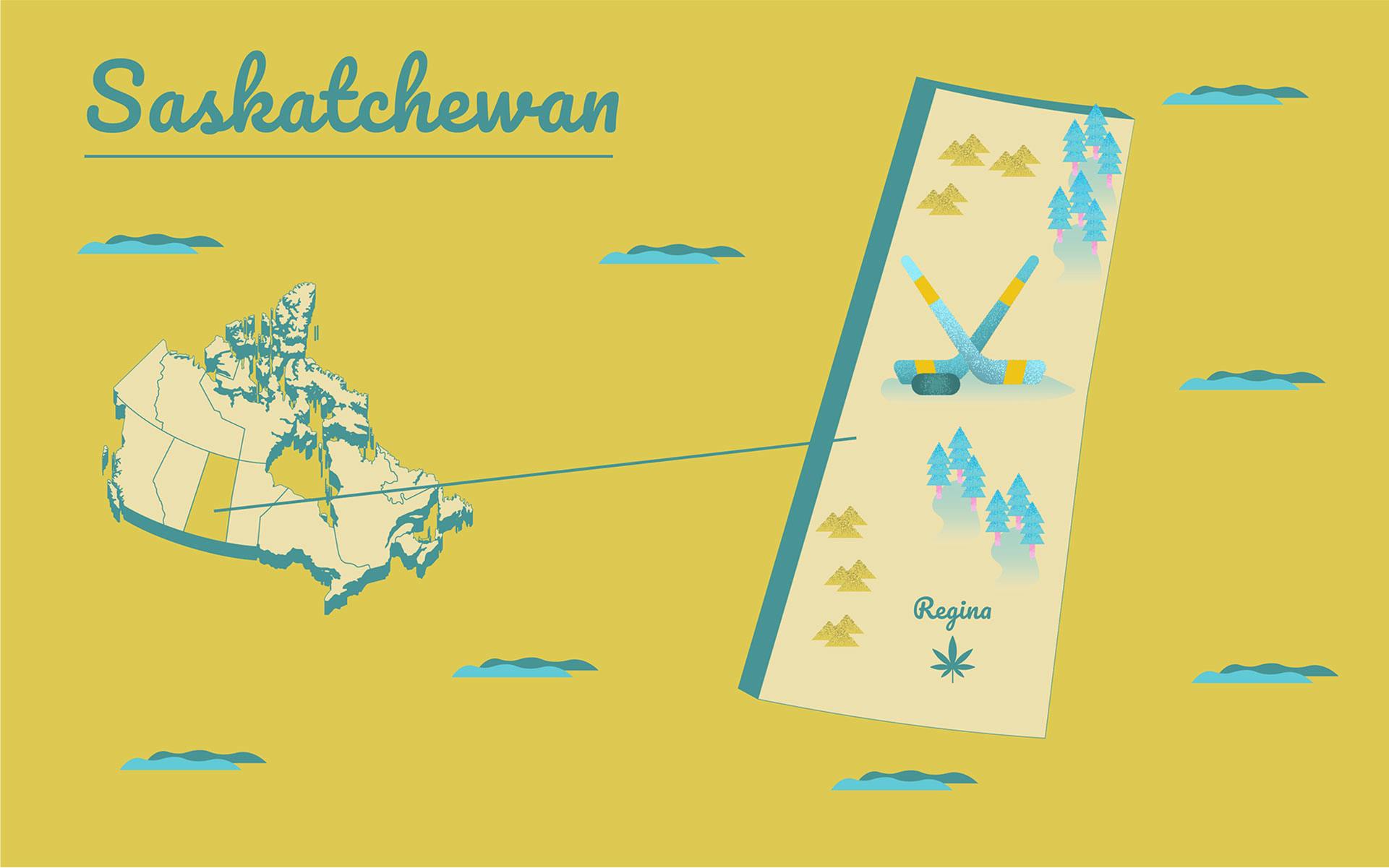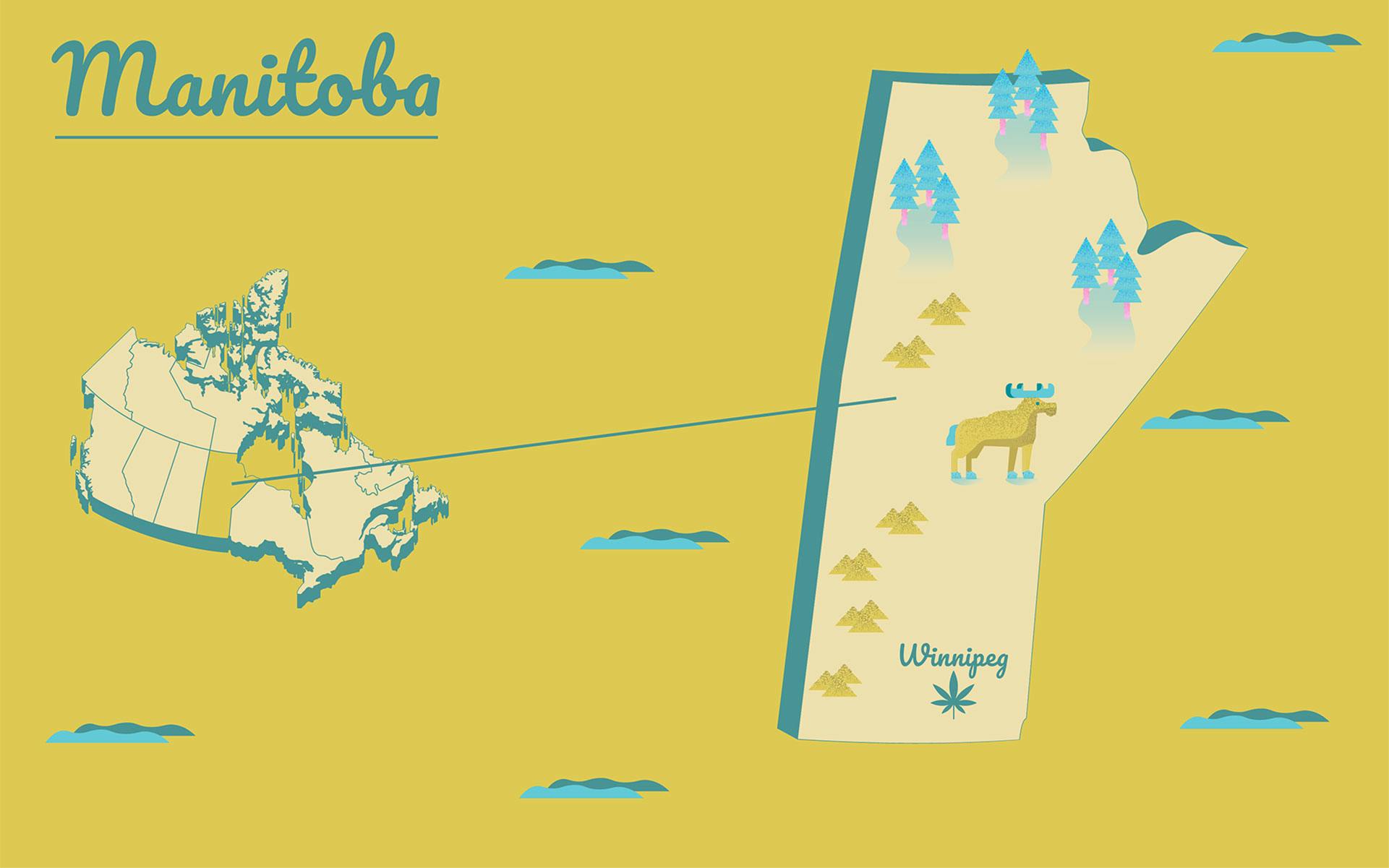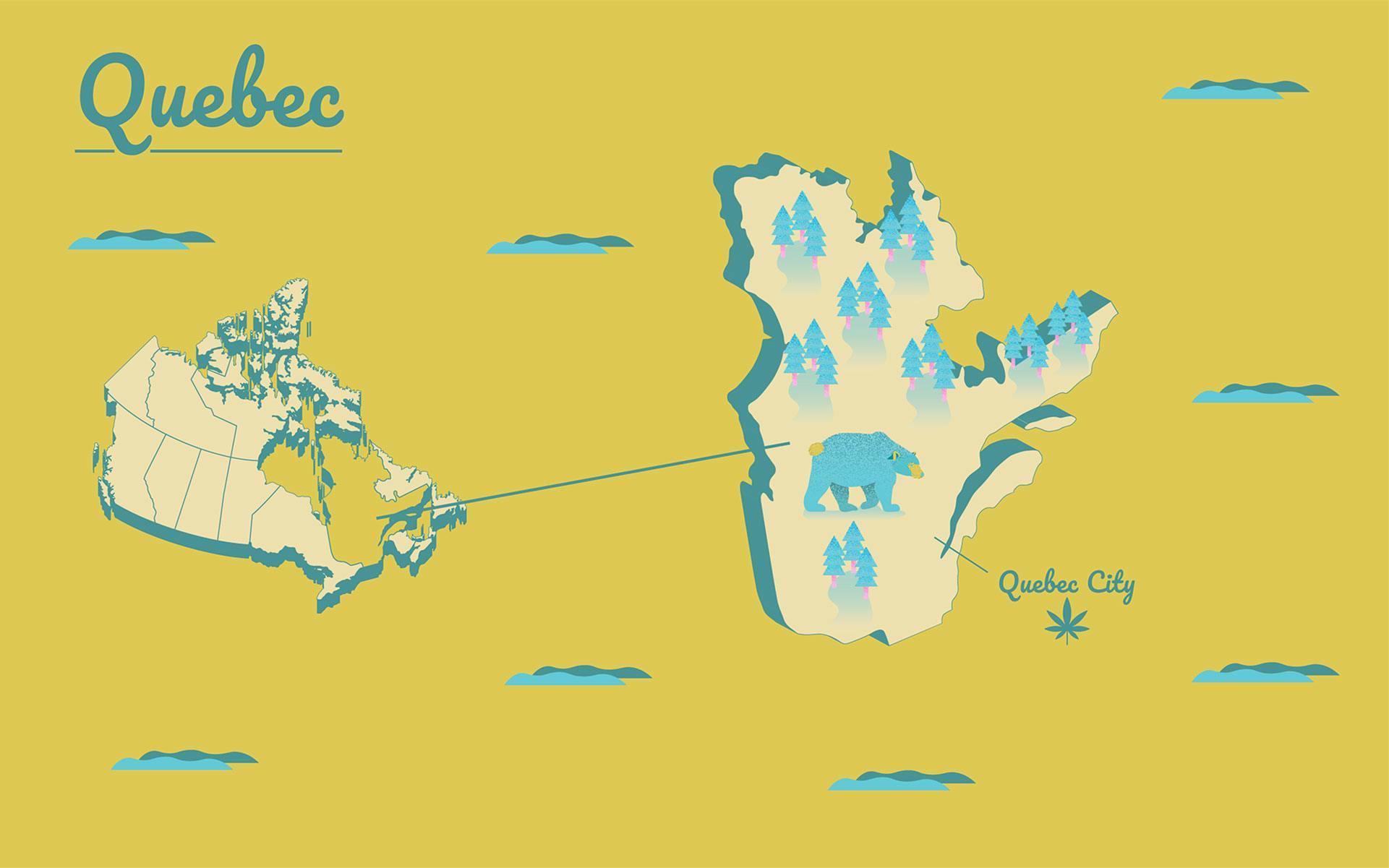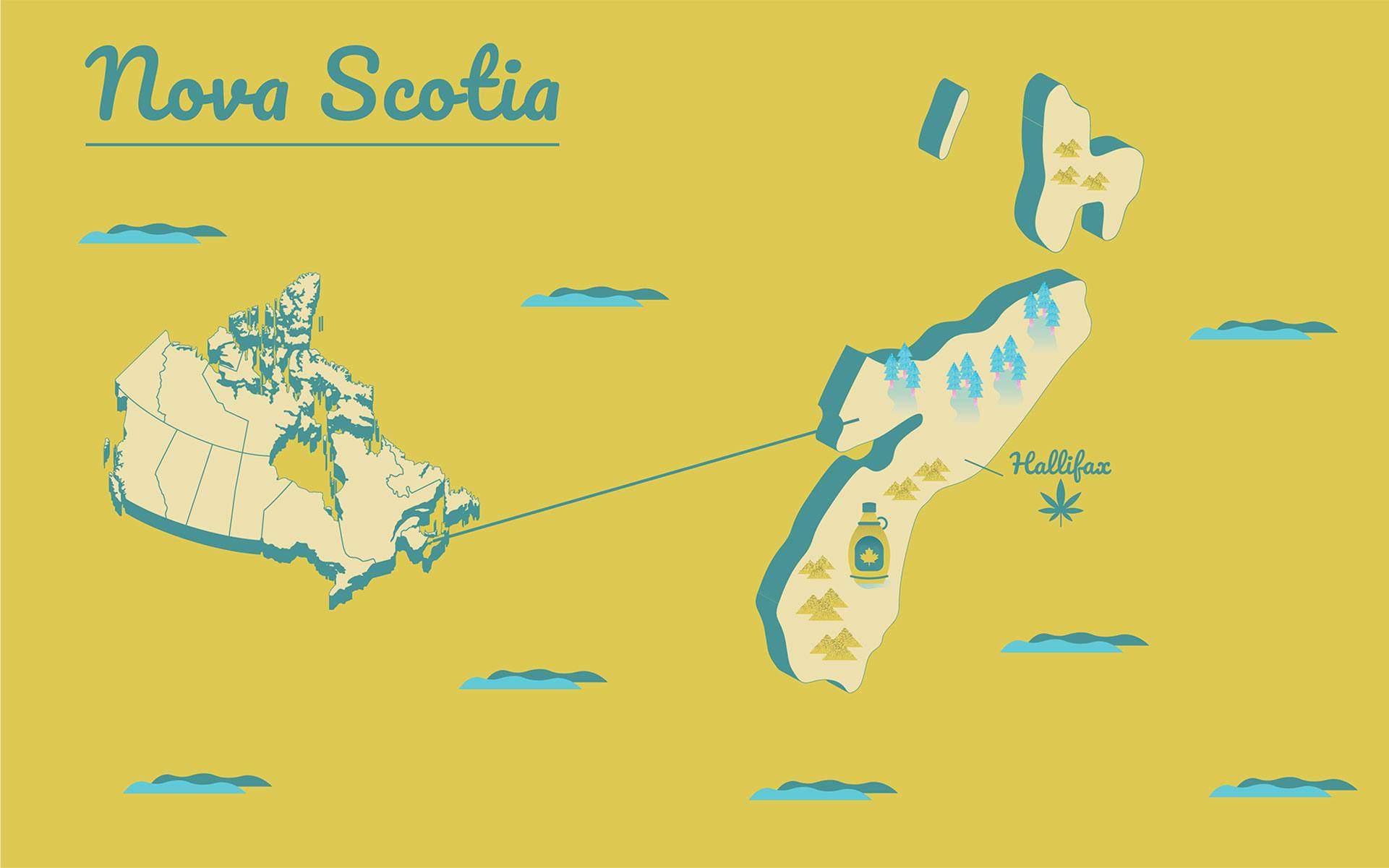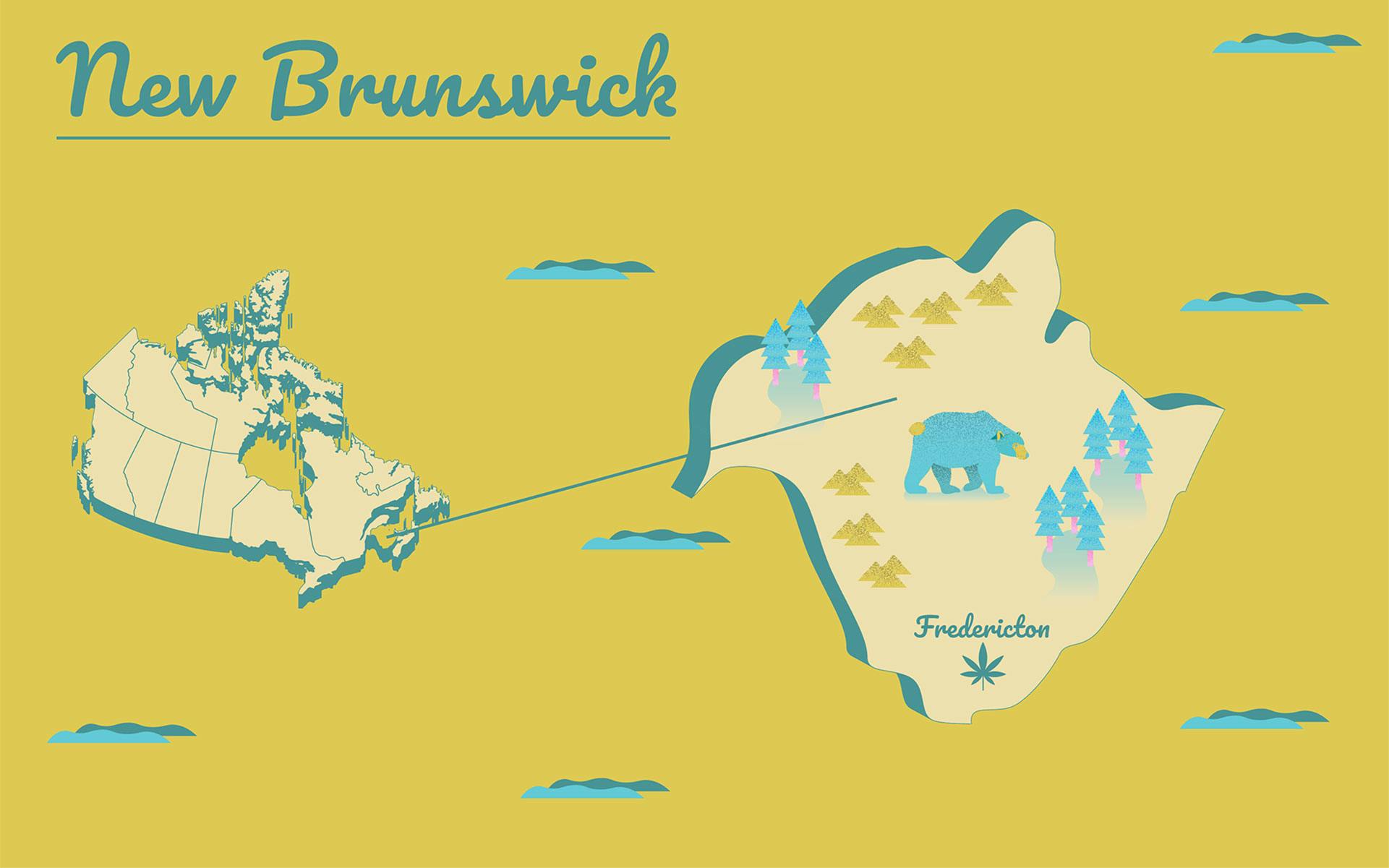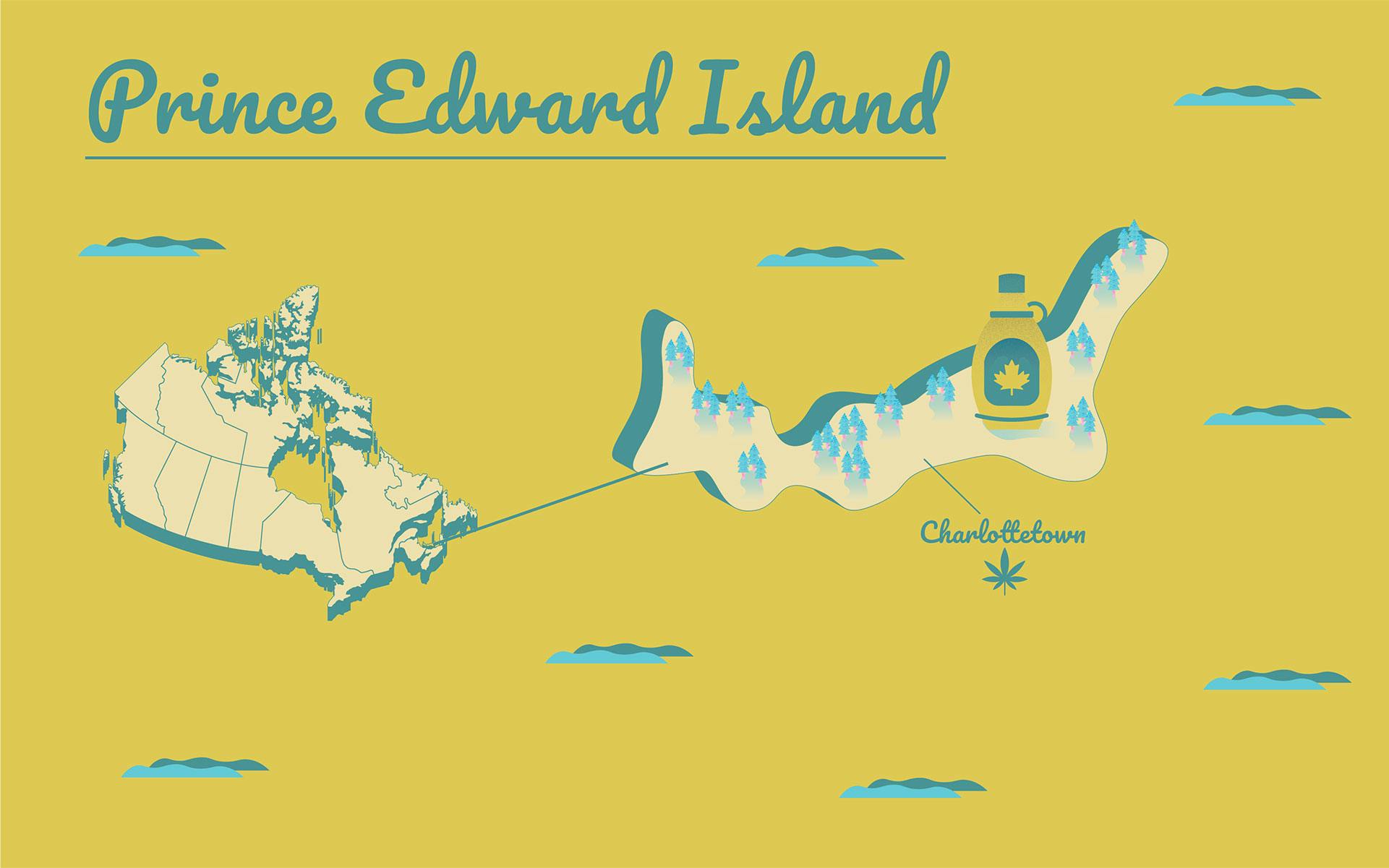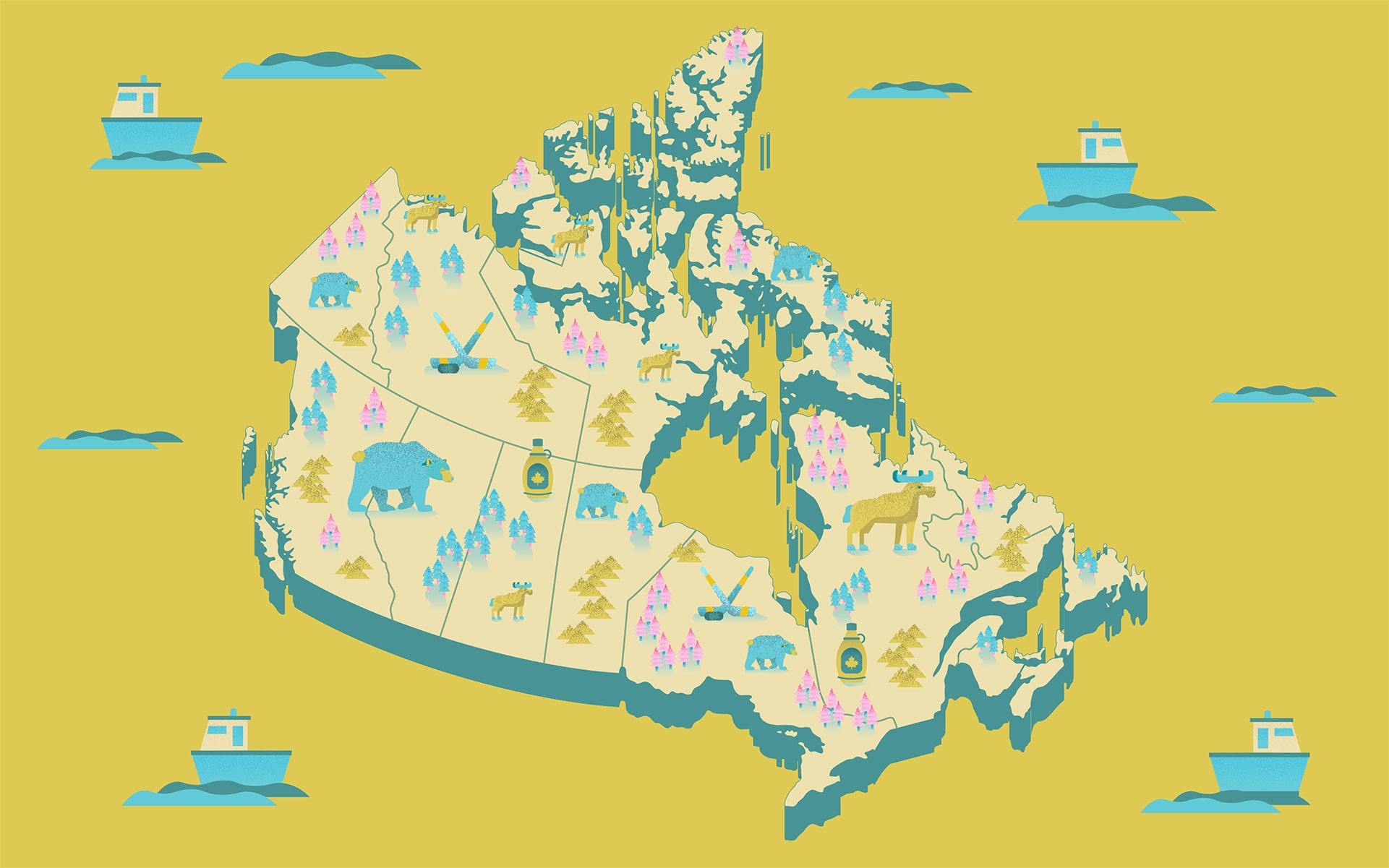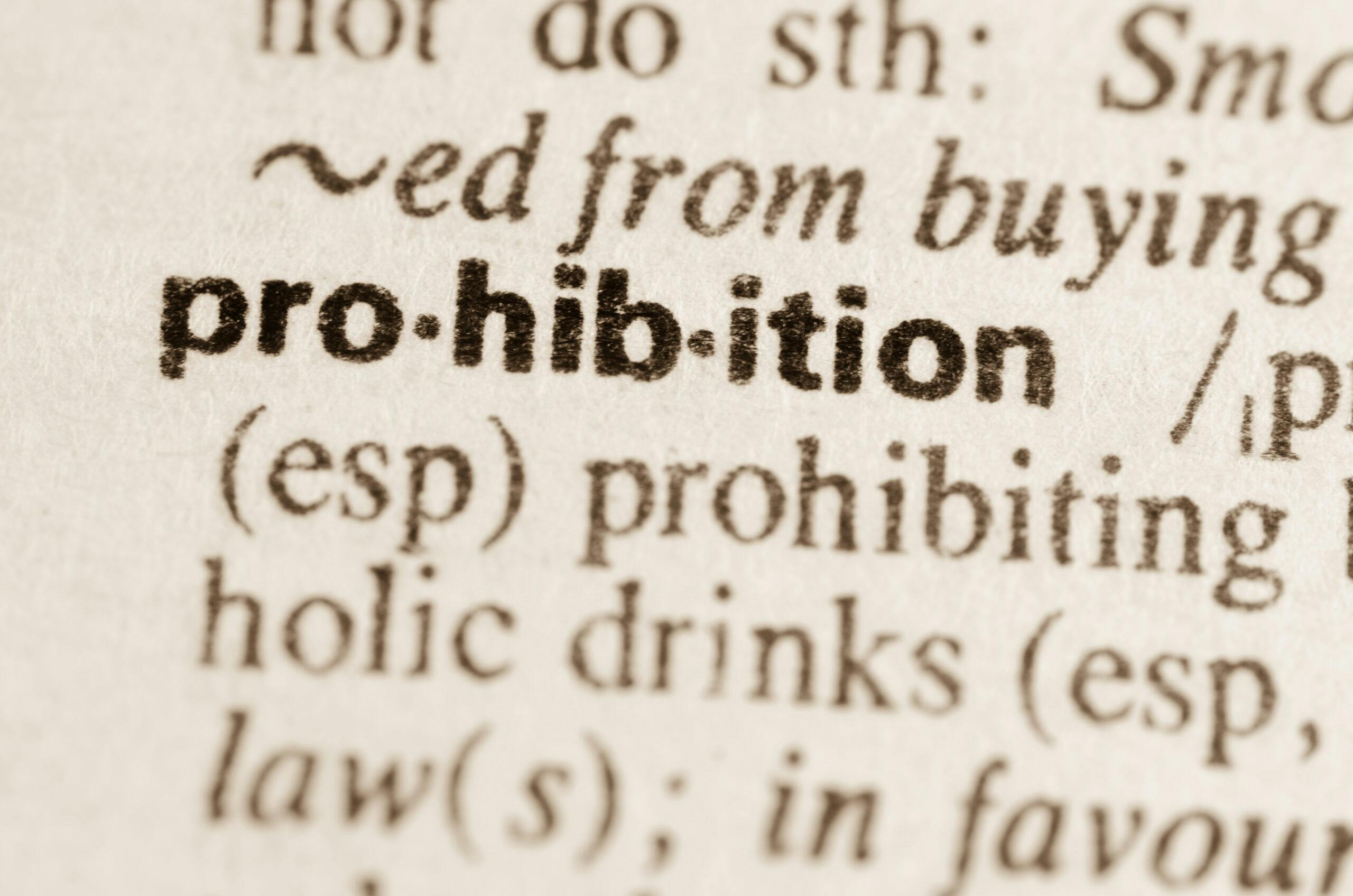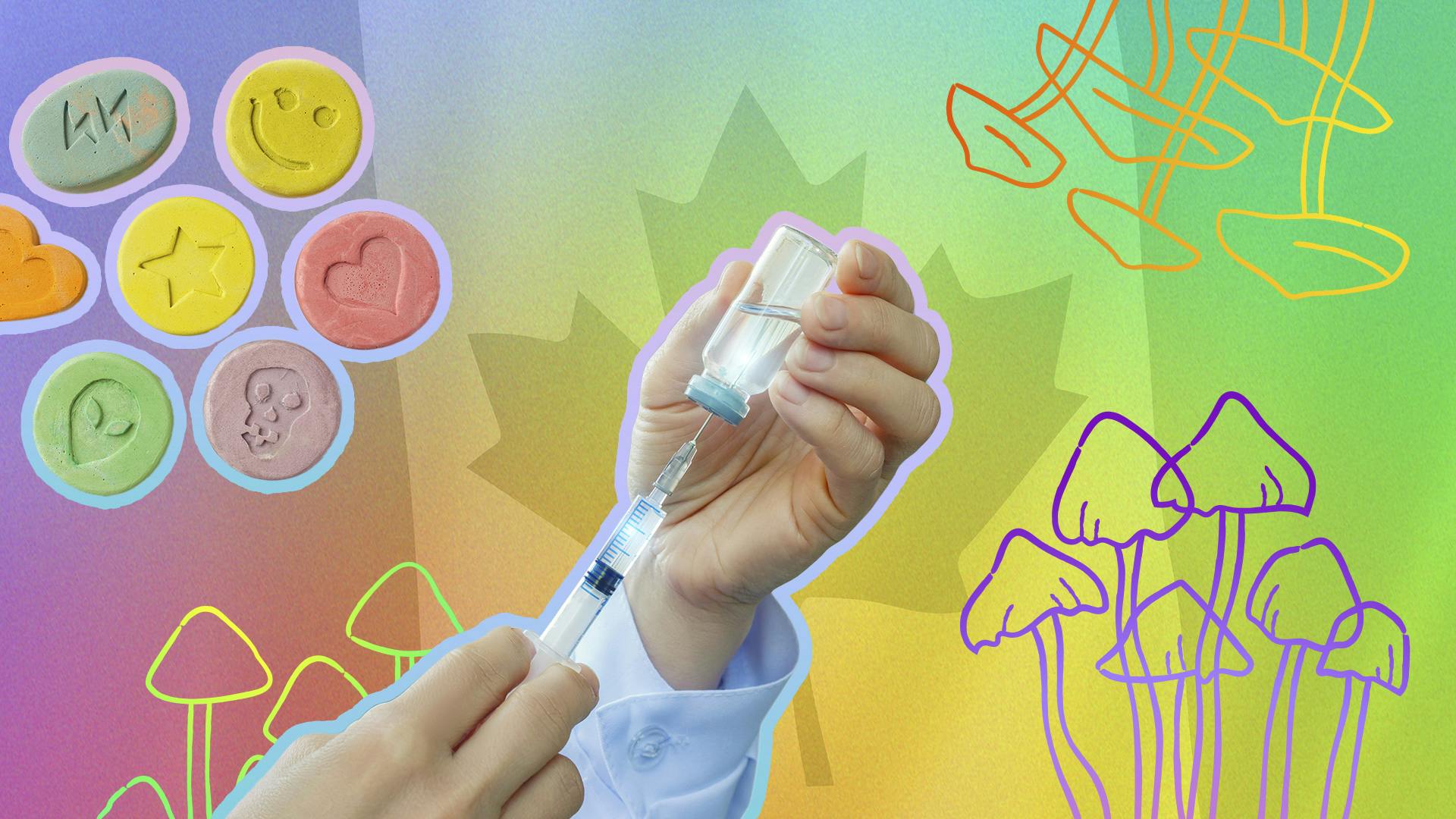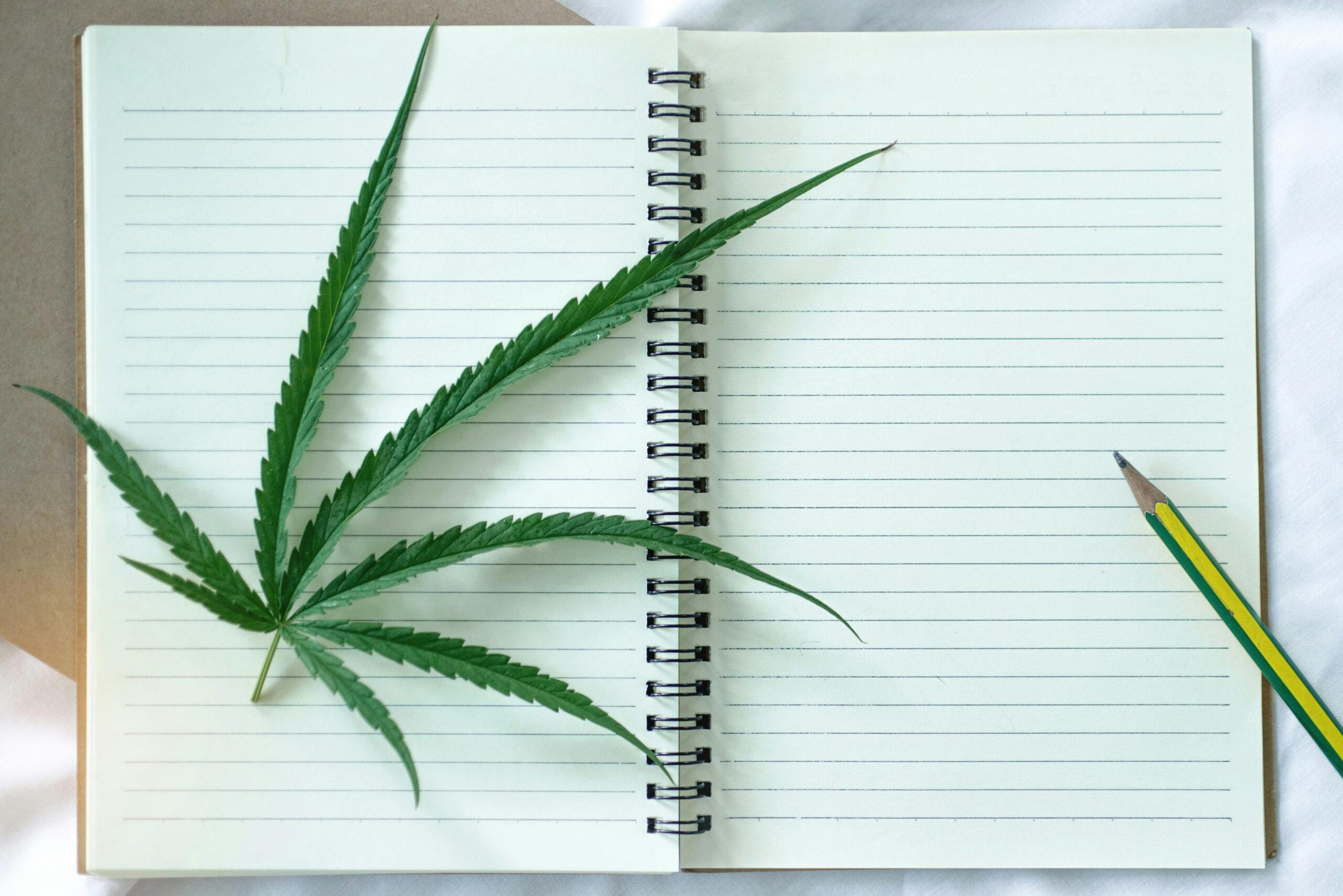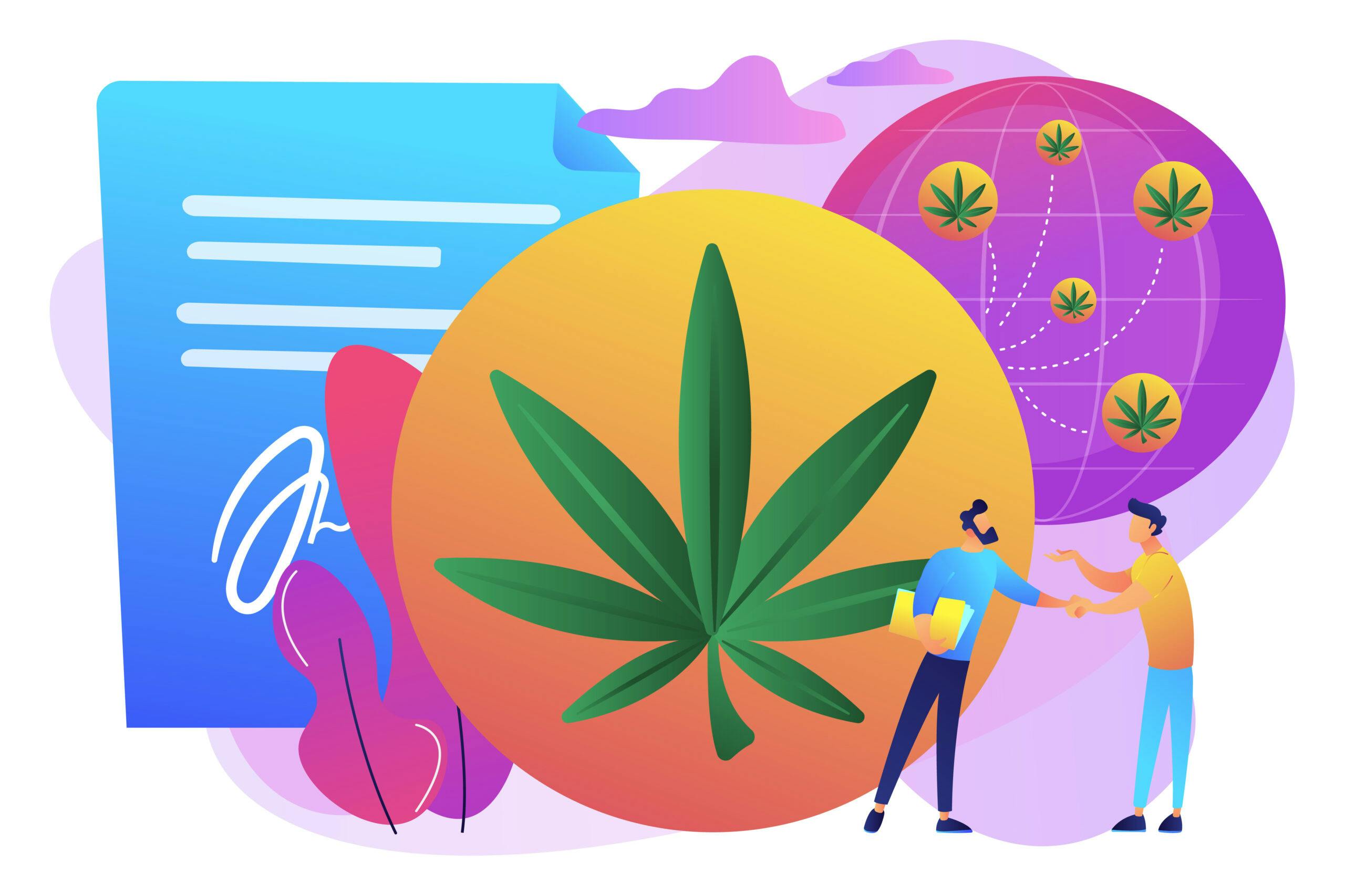
Canada made history on October 17, 2018, when it legalized adult-use cannabis on a federal level. This made Canada the first G7 nation to accomplish legalization, though the United States has, and continues to, make progress toward federal legalization.
The Cannabis Act is the legal framework for controlling the production, distribution, sale and possession of cannabis across Canada. Under the Cannabis Act, and subject to provincial or territorial restrictions, adults who are 18 years of age or older are legally able to:
- Possess up to 30 grams of legal cannabis, dried or equivalent in non-dried form in public
- Share up to 30 grams of legal cannabis with other adults
- Buy dried or fresh cannabis and cannabis oil from a provincially-licensed retailer in provinces and territories without a regulated retail framework, individuals are able to purchase cannabis online from federally-licensed producers
- Grow, from licensed seed or seedlings, up to 4 cannabis plants per residence for personal use
- Make cannabis products, such as food and drinks, at home as long as organic solvents are not used to create concentrated products
Canada’s journey from prohibition to legalization took nearly 100 years: Cannabis was illegal from 1923 to 2018. Most recently, Health Canada has begun its review of the Cannabis Act which could lead to the progression, or regression, of current legal liberties.
Stakeholders are lobbying for lower taxes, increased THC limits on edibles, and renewed efforts on equity, pardons, Indigenous inclusion, and improved medical cannabis access.
Medical cannabis, or medical marijuana as it’s known internationally, has been legal in Canada since 2001. Adult use, or recreational, dried cannabis flower and oils became legal in 2018 nationwide.
One year later, Health Canada allowed for more product innovation; edibles, beverages, concentrates, topicals, and vapes. Often called “legalization 2.0” the cannabis market grew substantially in 2019, though dried flower remains the most purchased cannabis product format.
How to find medical and recreational cannabis
What counts as 1 gram of cannabis?
- 5 grams of fresh cannabis
- 15 grams of edible product
- 70 grams of liquid product
- 0.25 grams of concentrates (solid or liquid)
- 1 cannabis plant seed
Don’t worry, there is no need to become a mathematician in order to know the equivalency limits. All packaging is required by Health Canada to have the dried cannabis equivalent right on the label.
Shop highly rated dispensaries near you
Showing you dispensaries nearTHC potency limits by product category
| Format | THC |
| Edibles | 10 mg |
| Extracts (inhalation) | 1000 mg |
| Extracts (ingestion) | 10 mg per unit, 1000 mg per package |
| Topicals | 1000 mg per package |
An overview of marijuana laws by province
The Cannabis Act is a piece of federal legislation that governs marijuana legalization in Canada, however, it does give provinces and territories the ability to set certain restrictions within their regions.
As a result, cannabis laws and restrictions vary by province or territory and can regionally influence the age of the majority, the release of certain products like vapes and edibles, and whether a person can grow cannabis at home.
For example, Quebec only allows edibles that they deem to be healthy and, along with Manitoba, has denied citizens the ability to grow cannabis at home. It is unclear if provincial or federal legislation reigns supreme, the issue was recently heard in the Supreme Court.
Here is a province-by-province run down on legalization laws across Canada:
| Age of Majority | Possession Limit* | Grow at home? | Privateor GovernmentRetail | |
| British Columbia | 19+ | 30 grams | Yes | Hybrid |
| Alberta | 18+ | 30 grams | Yes | Hybrid |
| Saskatchewan | 19+ | 30 grams | Yes | Private |
| Manitoba | 19+ | 30 grams | No | Private |
| Ontario | 19+ | 30 grams | Yes | Hybrid |
| Quebec | 21+ | 30 grams | No | Government |
| Newfoundland | 19+ | 30 grams | Yes | Government |
| New Brunswick | 19+ | 30 grams | Yes | Government |
| Nova Scotia | 19+ | 30 grams | Yes | Government |
| Newfoundland & Labrador | 19+ | 30 grams | Yes | Hybrid |
| Prince Edward Island | 19+ | 30 grams | Yes | Government |
| Yukon Territory | 19+ | 30 grams | Yes | Hybrid |
| Northwest Territories | 19+ | 30 grams | Yes | Government |
| Nunavut | 19+ | 30 grams | Yes | Government |
Post-legalization advocacy
Cannabis legalization did not repair the effects of prohibition, especially for vulnerable and marginalized communities that were disproportionately subjected to law enforcement.
There are an estimated 500 000 Canadians who have criminal records for simple possession and other cannabis convictions that no longer exist post-legalization. Advocating for justice reform and an equitable industry strengthens communities and the legal cannabis industry itself.
It’s important that Canadians who enjoy legal weed and the professionals making money in the cannabis industry don’t lose sight that the work isn’t done yet.
Advocacy is just as important now as it was pre-legalization. In addition to supporting pardons and reparations for Indigenous, Black, and Asian communities, we also need to give voice to medical patients whose access to an independent market may be at risk.
